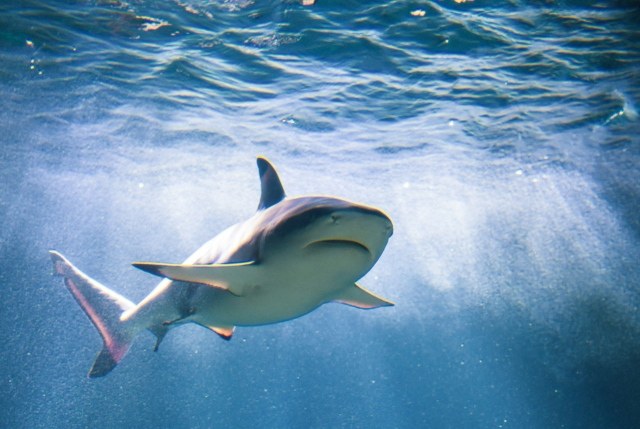Fifteen species of elasmobranchs – sharks and rays – are currently in danger of extinction and are listed on the International Union for Conservation of Nature (IUCN) Red Lists. Their health and survival in the Mediterranean Sea are seriously threatened by several factors, including bycatch and the frequently unintentional high consumption of their meat. Italy, in particular, is one of the largest importers of shark meat, ranking third globally.
To safeguard these endangered species, the European Union's LIFE programme (Programme for the Environment and Climate Action) has allocated 4.3 million euros to the LIFE PROMETHEUS project, which counts the University of Bologna among its partners.
The project aims to reduce the bycatch of sharks and rays by using electromagnetic deterrents on certain types of fishing gear (longlines and gillnets). Fishermen will be actively involved, promoting the sustainable and efficient use of marine resources and alternative fishing practices that target non-Mediterranean invasive species, such as blue crabs and lionfish, instead of rays and sharks. They will also be supported in accessing financial incentives for adopting mitigation measures aimed at conserving elasmobranchs.
LIFE PROMETHEUS focuses on twelve areas in Spain, France, Italy, Greece, and Cyprus, selected as biodiversity hotspots or essential habitats for certain life stages of the species involved (reproduction, juveniles growth, and feeding).
Coordinated by Emanuela Fanelli, Professor of Marine Biology and Ecology at the Polytechnic University of Marche, the project will involve twenty-one partners from five European countries, including the University of Bologna, starting next October and continuing for five years
At the University of Bologna, Professors from the Department of Biological, Geological, and Environmental Sciences (Alessia Cariani, Alice Ferrari, Fausto Tinti) and the Department of Agricultural and Food Sciences (Luca Mulazzani, Luca Camanzi, and Giulio Malorgio) will be particularly involved.
The project will also promote sustainable underwater tourism and develop information and awareness activities. By spreading an ecological quality label "shark-free" throughout the supply chain, it aims to steer consumer choices towards invasive Mediterranean species like the blue crab.

